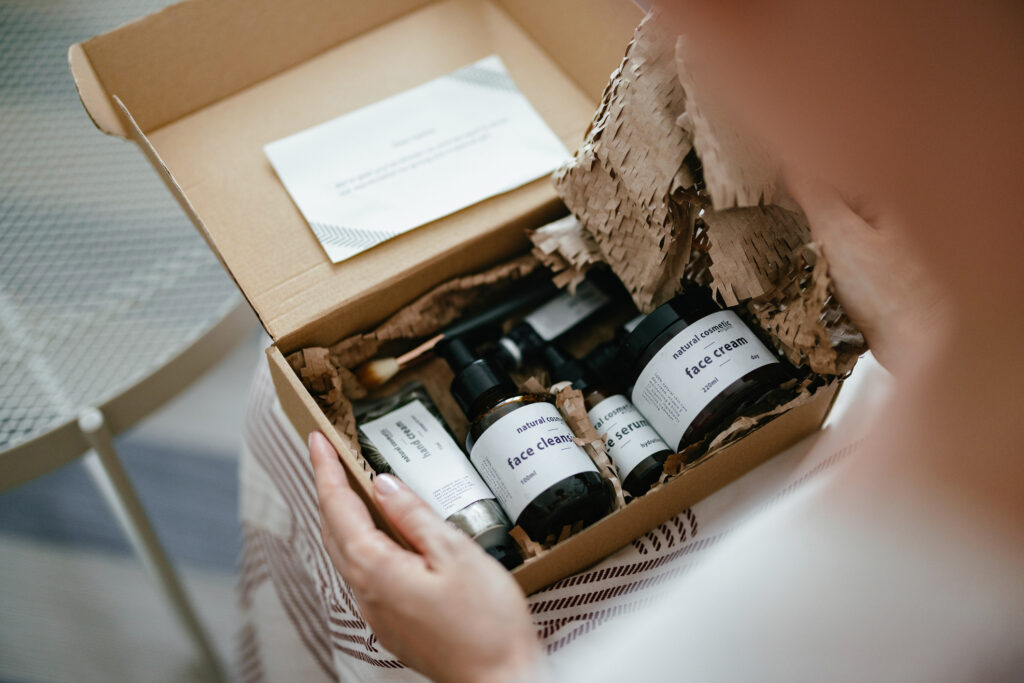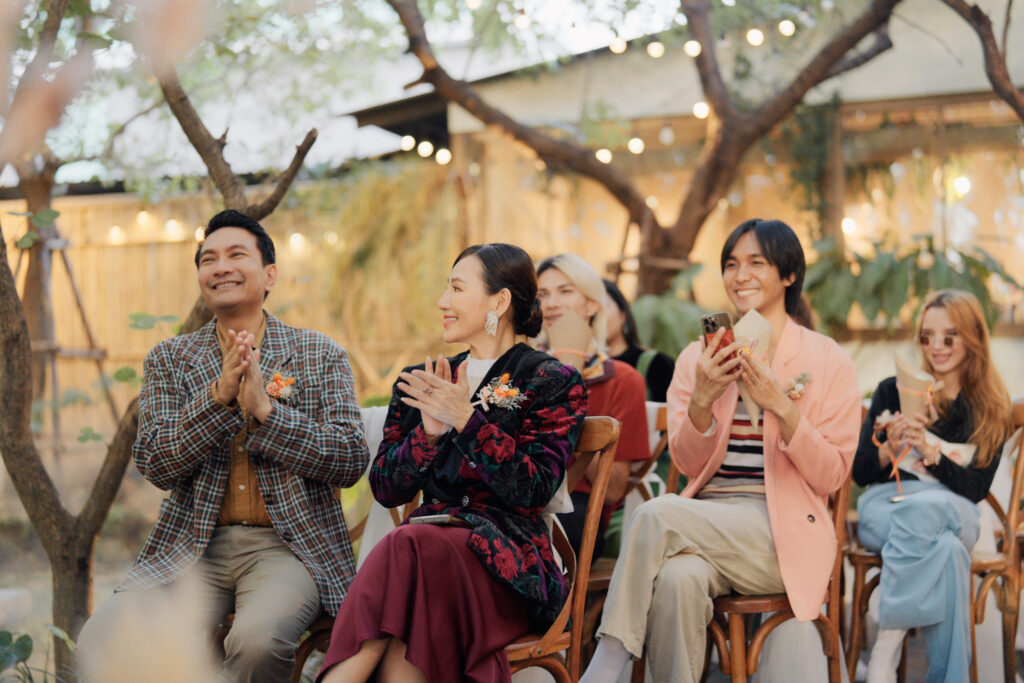Hi, your name is whatever, and you’re addicted to subscription boxes. It started innocently with Birchbox. Now you get monthly deliveries of things you don’t need, didn’t choose, and wouldn’t buy individually. Your credit card is on a subscription box payment plan and the boxes are taking over your apartment.
The unboxing dopamine hit is real brain chemistry. That monthly surprise activates the same neural pathways as gambling. You’re not shopping; you’re pulling a lever on a slot machine that always costs $39.99 and pays out in face masks and random snacks.
Beauty boxes are sample size scams. Five deluxe samples for $25 monthly. Those samples are free at Sephora. You’re paying for the curation of things brands want to get rid of. It’s not discovery; it’s inventory disposal with pretty packaging.
Meal kit subscriptions are groceries with homework. HelloFresh, Blue Apron, whatever green box – you’re paying $60 for $20 of ingredients and instructions. The convenience cost is 300% markup. You could buy the groceries and Google the recipe for 75% less.
Pet subscription boxes guilt you through your dog. BarkBox knows you love your pet more than yourself. That $35 monthly for toys and treats your dog destroys immediately? Your dog was happy with a stick. You’re projecting human consumption needs onto an animal.
Book boxes are influencer marketing disguised as curation. Someone picked a book and added bookmarks and tea. You’re paying $40 for a $17 book and $3 of accessories. The curation is just someone’s opinion with shipping costs.
Clothing subscriptions are personal shoppers who don’t know you. Stitch Fix sending you clothes that don’t fit your style, body, or budget. The styling fee is just paying for rejection. You keep one item out of obligation, not love.
The ‘wellness’ boxes are capitalism addressing symptoms it created. Self-care boxes, mindfulness boxes, mental health boxes – you’re buying solutions to problems caused by overconsumption through more consumption. It’s ouroboros economics.
Snack boxes from other countries are xenophobia’s expensive opposite. You’re paying $50 for $10 of Japanese candy. The cultural experience is eating expensive sugar while still not understanding anything about Japan.
The hobby boxes create obligation, not inspiration. Craft boxes, art boxes, DIY boxes – monthly pressure to be creative on capitalism’s schedule. Your hobby became homework with a subscription fee.
The cancellation process is deliberately hostile. Hidden in account settings, requiring calls during business hours, guilt-trip emails about ‘missing out.’ They’re banking on your procrastination and social anxiety. That free trial becomes a lifestyle.
FOMO marketing works too well. Limited edition boxes, seasonal themes, celebrity curations – you’re subscribing to avoid missing something you wouldn’t have known existed. The fear of missing out costs more than the joy of having.
The accumulation problem is physical and mental. Boxes everywhere, products unused, guilt mounting. You’re drowning in curated capitalism. Your apartment is a warehouse for subscription overflow. Marie Kondo would cry.
The value proposition is always a lie. ‘$200 value for $39.99!’ The value is retail prices nobody pays for products nobody wanted. It’s creative accounting making overconsumption feel like savings.
Here’s your intervention: Cancel everything. Right now. Every single box. Feel the relief of not anticipating packages. Use what you have. Buy what you actually want when you want it. The surprise isn’t worth the subscription.
Your rehabilitation starts with admitting the boxes aren’t bringing joy; they’re bringing credit card debt and storage problems. You’re not a curator or collector; you’re a customer being exploited by recurring billing. Freedom isn’t a monthly delivery; it’s an empty mailbox and a full bank account.










